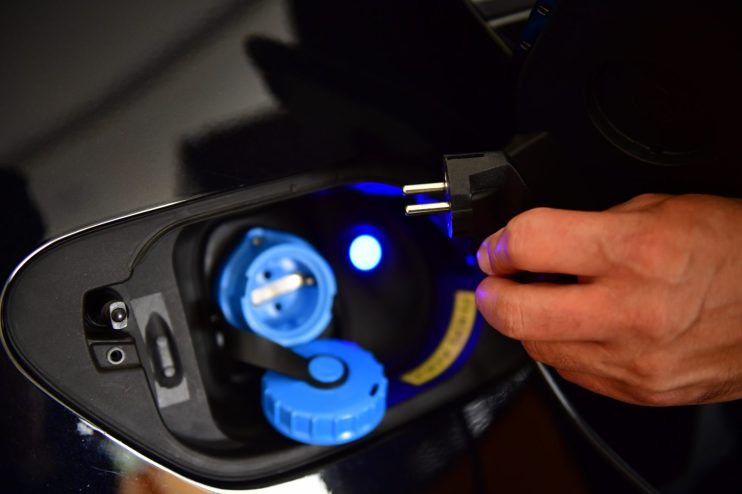Britishvolt ‘actively working’ on stability amid reports of imminent collapse

Electric vehicle battery startup Britishvolt is on the verge of collapse, after reportedly running its cash pile dry.
The British firm, backed by London-listed mining giant Glencore, could enter administration as soon as Monday, the Financial Times first reported, citing people familiar with the matter.
The company, which has been developing a £3.8bn gigafactory in north-east England, has been in emergency fundraising talks for several weeks.
Britishvolt was reportedly trying to raise £200m or to sell the company outright, having undergone talks with India’s Tata Motors, which owns Jaguar Land Rover.
A Britishvolt spokesperson said: “We are aware of market speculation. We are actively working on several potential scenarios that offer the required stability. We have no further comment at this time.”
In August, the startup’s co-founder warned that it would not deliver any products from its £3.8bn gigafactory for another three years.
The gigafactory, which began construction last summer, had initially been anticipated to start battery production in late 2023.
“The main facility will be delayed slightly into mid-2025,” former chief executive Orral Nadjari told the Financial Times at the time. “It does go hand-in-hand with the fact that we have inflation, we have recession, and we have geopolitical uncertainties.”
Battery makers face challenges
Battery cell manufacturers have endured torrid conditions this year – with supply chains difficulties and inflation eating into industry margins despite the increased demand for electric vehicles.
Earlier this year in May, Johnson Matthey offloaded its battery division to Australian specialist EV Metals in a £50m deal, amid concerns over returns in an increasingly saturated market.
Following today’s news, EV Metals told City A.M. that battery producers need to have a strong customer base and long-term supply chains of key materials to thrive.
Michael Naylor, managing director and chief executive of EV Metals Group said: “Battery cell manufacturers need secure, long term and transparent supplies of high purity chemicals and battery materials.
“They also need customers, namely electric vehicle manufacturers, with whom they have long term offtake agreements. Without both, battery cell manufacturers don’t have a business. They are only a technology company.”
He also revealed the company was “supportive of all players”, including Britishvolt, in the current ecosystem amid the transition to a greener future.
When approached for comment, a BEIS spokesperson said: “We are determined to ensure the UK remains one of the best locations in the world for automotive manufacturing as we transition to electric vehicles, while ensuring taxpayer money is used responsibly and provides best-value.
“We do not comment on speculation or the commercial affairs of private companies.”